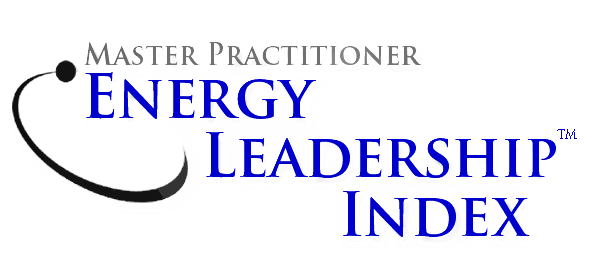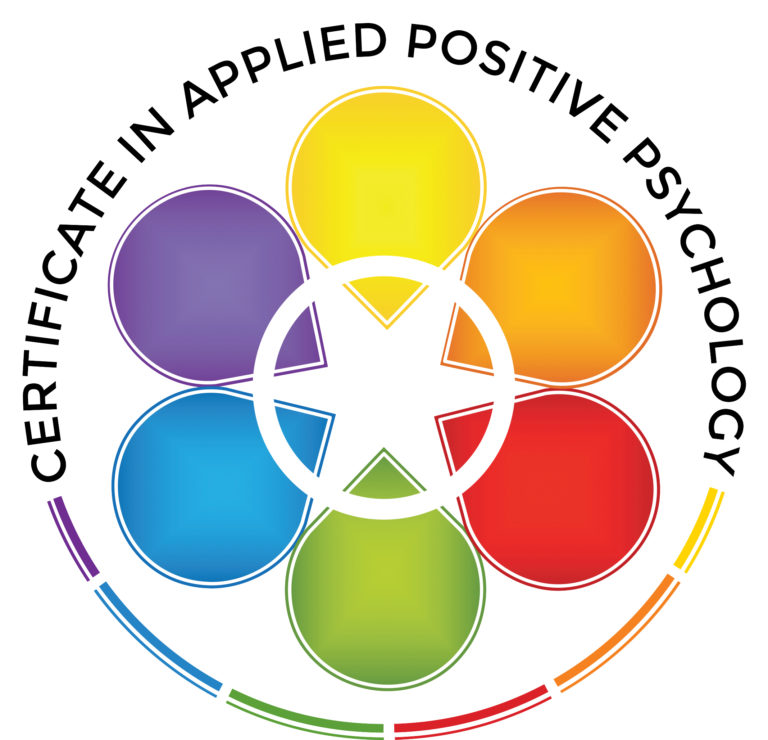Does “being mindful” mean you are supposed to live in a constant state of awareness? I recently received this question from a colleague who is new to mindfulness and feels torn between “living in the moment” and “planning for his future.” He understands the value of trying to be in the moment, but is an ambitious person who is always planning how to achieve his next goal.
A key principle of mindfulness is focusing on the “now” instead of our autopilot mind controlling how often we ruminate over events from the past or anticipate things that haven’t even taken place yet. So how can we live in the moment but also make sure we are taking care of our future?
The answer is that mindfulness isn’t supposed to be black and white. Mindfulness is intended as a way to approach moments in your day – and over time can become a way to approach your entire life. Mindfulness doesn’t ask us to eliminate planning or goal setting, but instead urges us to focus on the experience of that activity (what thoughts you see, what bodily sensations you feel and what emotions might be present) while you are engaging in it.
So that myth of mindfulness and meditation as a constant state of zen, is incorrect. Relaxation is certainly a valued side effect of mindfulness, but not its sole purpose. Mindfulness simply teaches us to choose to view the world differently than our autopilot brains tend to choose for us. Mindfulness encourages us to come at the world with some level of objectivity instead of automatically passing judgment on and setting our expectations about a new person we meet, feeling we have, or activity we’re doing. It teaches us to detach ourselves from the thoughts that pop into our heads and the emotions that take over our bodies. With mindfulness, we can be aware of what we are thinking or feeling without being defined by it.
So once you try any mindfulness practice to see what it’s like, you will see the act of noticing can be applied to any activity, even planning for your future. Because once you squash the myth that you have to "live in the moment" sometimes and "plan for the future" other times, you can blend them; bringing a mindful approach to goal setting or planning activities.
All you need to begin is an openness and curiosity to watch yourself. You can start by picturing yourself watching your mind, kind of like you are watching TV. Try it now - listen to this mindfulness meditation to practice.








